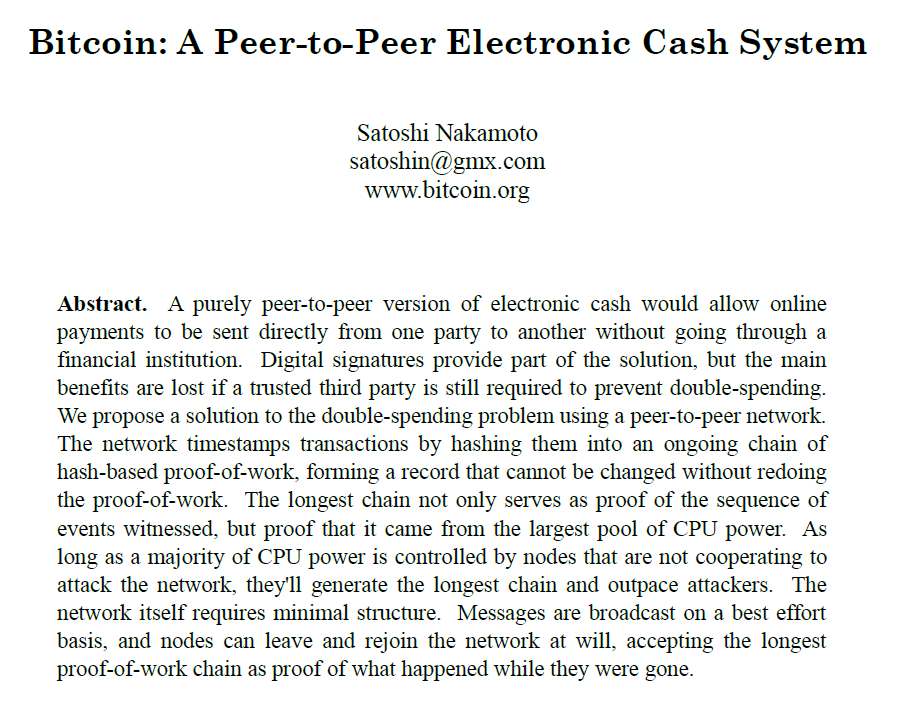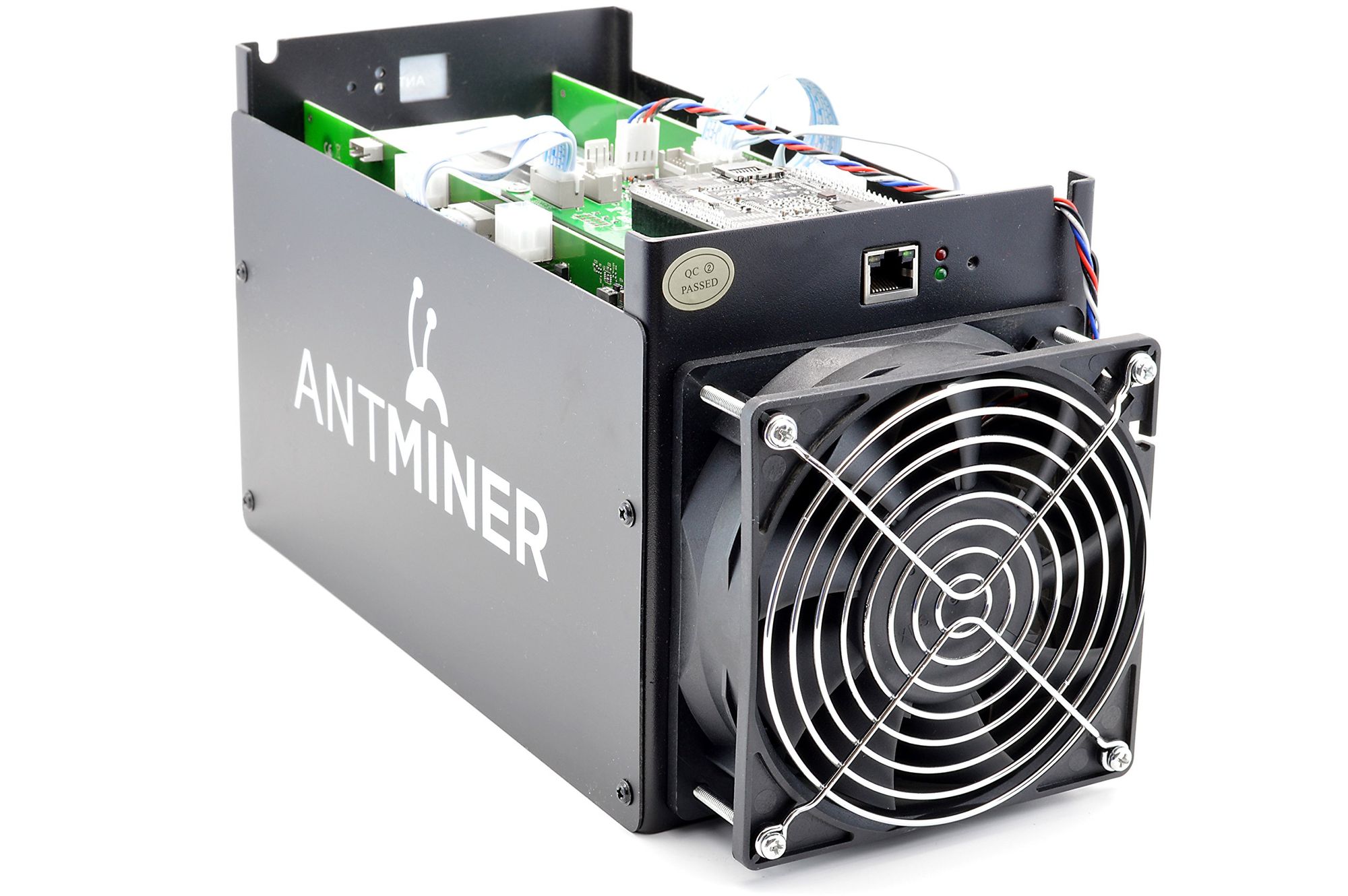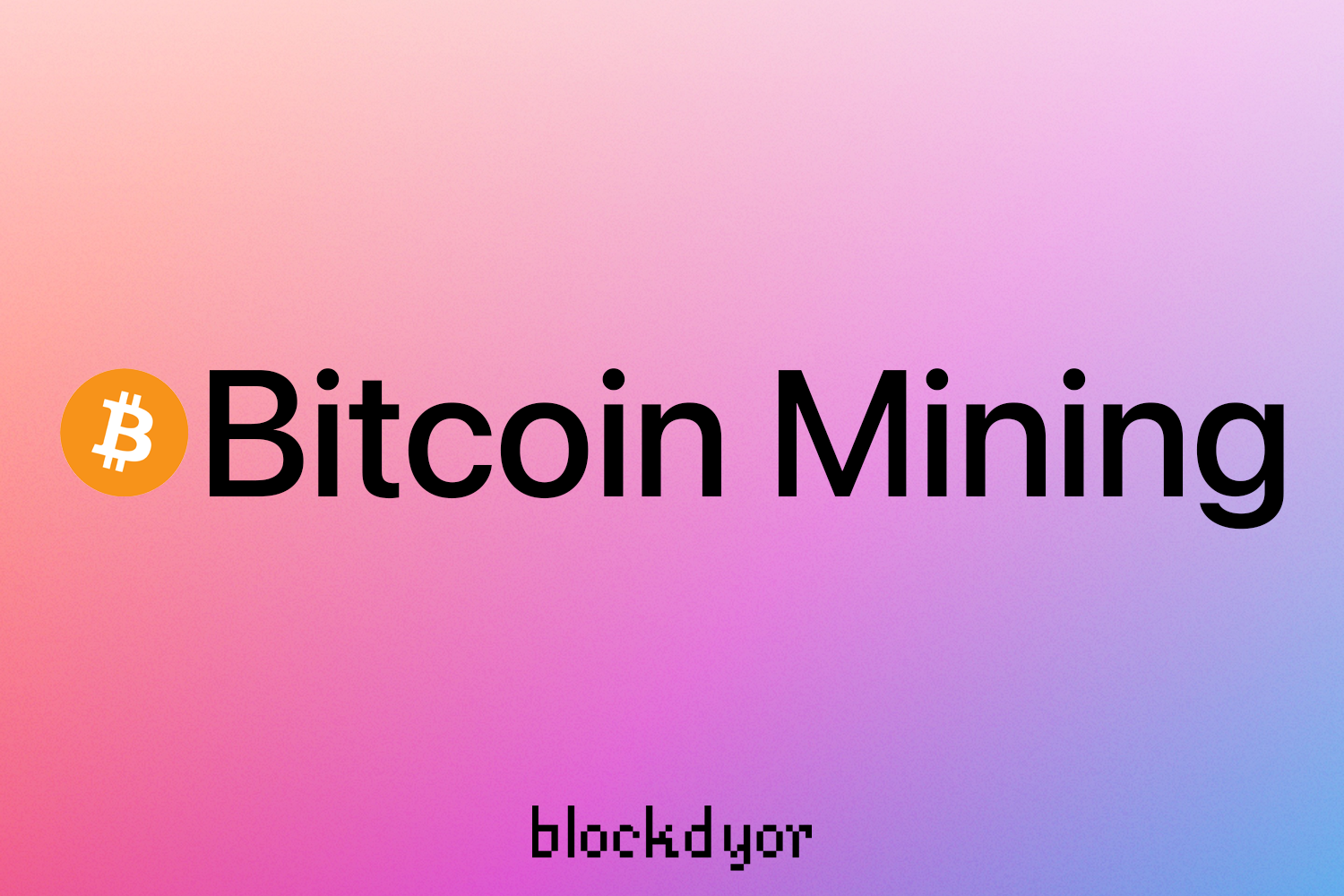Bitcoin: What It Is and How It Works
Bitcoin (BTC), the world's first cryptocurrency, is a decentralized digital currency that operates without the oversight of a central authority. This gives users complete control over their financial transactions, rather than relying on traditional financial institutions.
Since its inception, Bitcoin has given rise to numerous other cryptocurrencies that have built upon its underlying technology. It has also gained popularity as an investment asset due to its potential for significant appreciation in value. If you're thinking about investing in Bitcoin, it's important to understand how it works and know the potential risks and rewards.
History of Bitcoin

The official launch of Bitcoin started with the publication of a white paper titled "Bitcoin: A Peer-to-Peer Electronic Cash System" on October 31, 2008. The author was a mysterious figure, under the pseudonym Satoshi Nakamoto. The whitepaper outlined a digital currency that would allow for peer-to-peer payments without the need for intermediaries.
Nakamoto played a very important role in the early development of Bitcoin, by mining the inaugural block (the genesis block) and conducting the first transaction by sending 10 Bitcoin to programmer Hal Finney. In 2010, Nakamoto disappeared from the public scene, and effectively passed control of the cryptocurrency to software developer Gavin Andresen.
In the years following its invention, Bitcoin saw important, and at times, explosive rise in its value. A limited number of retailers began accepting the digital currency, with Overstock becoming the first major retailer to do so in 2014. During a bull market in 2017, Bitcoin's value soared to nearly $20,000 before experiencing a significant decline.
The COVID-19 pandemic led to a surge in popularity for digital assets as investments, resulting in Bitcoin's most successful period to date. In 2021, its price reached a record high of $60,000 (€57,000), and El Salvador became the first country to officially recognize Bitcoin as legal tender.
Bitcoin Whitepaper Download
You can download the Bitcoin Whitepaper in the link down below:
How Bitcoin works?
Bitcoin is a digital currency that uses the blockchain technology and cryptography to facilitate financial transactions.
Many other cryptocurrencies also offer decentralized payment options through the use of the blockchain, a public, distributed ledger of all Bitcoin transactions. When Bitcoin is sent or received, new blocks are added to the chain as records of the transaction. The blockchain contains public information that is accessible to all users, making every Bitcoin transaction traceable and immutable.
The process of completing Bitcoin transactions is also called mining. In order to add a block to the blockchain, a miner must use computing power to solve complex mathematical equations. While general-purpose computers are capable of performing this task, specialized mining devices called ASICs are significantly more efficient.
However, Bitcoin mining is a resource-intensive activity that carries a negative environmental impact. The collective energy consumption of Bitcoin miners is considerable, exceeding that of many countries.
How to buy bitcoin
Here is a concise guide on how to purchase Bitcoin:
- Open an account on a cryptocurrency exchange.
- Complete the Know Your Customer (KYC) form, an identity verification process required by most exchanges.
- Deposit funds from your bank account.
- Select the desired amount of Bitcoin to buy.
There are various ways to acquire Bitcoin, with exchanges being a popular choice for serious investors and traders. Coinbase, a company traded on the NASDAQ, is a well-known exchange that allows users to buy Bitcoin with bank transfers, debit/credit cards, and even Apple Pay and Google Pay.
To verify your identity on an exchange, you will typically need to provide a government-issued identification document such as a driver's license or passport. This is a regulatory requirement for tax reporting and to prevent illicit activities such as money laundering.
Most exchanges accept a range of payment methods, with bank transfers typically incurring the lowest fees. Once your exchange account has been funded, you can proceed to purchase Bitcoin by specifying the amount of fiat currency you wish to spend and confirming the transaction.
How to use Bitcoin
With more than 18 million Bitcoin in circulation, and a maximum supply of 21 million, Bitcoin is often viewed more as a store of value than a classic currency.
Many see it as a digital equivalent of gold, rather than a means of exchange.
While Bitcoin can be transferred to other individuals and used to make purchases from a small number of businesses, it is mostly held as an investment asset.
High profiles companies that accept Bitcoin as a form of payment include Microsoft, Starbucks and AT&T. If you buy Bitcoin through PayPal, it can be used to pay for items from any retailer that accepts PayPal Checkout.
Bitcoin can be stored in a digital wallet, which can be either a hot wallet connected to the internet or a cold wallet that is offline for enhanced security.
Cold wallets are typically hardware devices. When you buy Bitcoin, it is placed in a custodial wallet managed by a third party.
Custodial wallets hold Bitcoin on behalf of others, but you may be able to transfer your Bitcoin to a personal hot or cold wallet depending on the platform.
It is strongly recommended to do this for the purpose of having full control over your cryptocurrency.
Bitcoin Mining: what is it?

It is challenging to generate a profit as a home Bitcoin miner due to the associated expenses. These costs typically include a Bitcoin mining machine, electricity, and mining pool fees. Unless you have access to highly discounted electricity, it is unlikely that you will be able to recoup your expenses.
Bitcoin mining involves using a machine to solve complex equations as part of the transaction process. When a miner is the first to successfully solve a block of transactions, they are able to add it to the blockchain and receive a reward. In accordance with Nakamoto's original vision, the block reward paid to Bitcoin miners is halved every time 210,000 blocks are mined, resulting in a continuous reduction of rewards for miners. Once all Bitcoin have been mined, miners will only receive transaction fees.
Here are some factors to consider when evaluating the costs of Bitcoin mining:
- Bitcoin mining machine: Application-specific integrated circuit (ASIC) miners, which are specialized machines used for Bitcoin mining, can cost thousands of dollars and are typically only profitable for two to three years. Newer, faster machines can eventually outcompete older ones, which will not generate sufficient income to justify their use.
- Electricity: Bitcoin mining is not practical in locations with high electricity prices. As access to affordable electricity is essential, most major Bitcoin mining operations are located in countries with low power costs.
- Mining pool fees: Due to the high number of Bitcoin miners, it is practically impossible to receive rewards if you are mining independently. To increase your chances of receiving rewards, you will need to join a mining pool, which is a group of Bitcoin miners who work together and pay a fee to the pool. A fee of approximately 2.5% of your mining revenue is typically collected.
You can use an online Bitcoin mining profitability calculator to enter the specifications of an ASIC and your electricity rate to estimate the potential profits from mining. In most cases, there are more straightforward ways to generate passive income, such as staking crypto, which does not incur the costs of mining.
To dig deeper into the Bitcoin Mining, follow the link down below.

Bitcoin Maxi: who are they?
Bitcoin maxi (or maximalists) are individuals who believe that Bitcoin, the most widely recognized cryptocurrency, will be the sole digital asset required in the future. They assert that all other digital currencies are inferior to Bitcoin and do not align with the principles established by Satoshi Nakamoto, the pseudonym of the creator of Bitcoin in 2009.
Unlike fiat currencies, which are issued and regulated by central authorities, Bitcoin operates on a decentralized platform and utilizes a blockchain, a publicly distributed ledger, to facilitate transparent and verifiable transactions.
Despite its popularity and widespread adoption as a traded asset, Bitcoin's success has also spawned the development of numerous other cryptocurrencies, known as altcoins. Bitcoin maximalists consider these altcoins unnecessary and inferior.
One of most famous Bitcoin Maxi is Michael Saylor, CEO of Microstrategy, who's also the single largest individual holder of BTC.
To buy bitcoin: a good idea?
There is no denying that Bitcoin has been a highly lucrative investment since its inception. Its value has soared from $1 in 2011 to over $60,000 (€57,000) at times in the last years. As the most well-known cryptocurrency, Bitcoin has gained significant popularity as a digital form of gold due to its limited supply of 21 million units.
However, it is important to note that investing in Bitcoin carries a high level of risk due to its volatility and uncertain future as a widely accepted form of currency. Additionally, newer altcoins may offer distinct cost and operational advantages, and the energy-intensive process of Bitcoin mining is incompatible with environmentally responsible investing.
While Bitcoin should not constitute a significant portion of your portfolio, it may be worth considering a small investment in the cryptocurrency. The key to successful investing is maintaining a balanced and diversified portfolio. By investing in a mix of Bitcoin and other cryptocurrencies or cryptocurrency stocks, you can potentially benefit from an increase in Bitcoin's value while minimizing the risk of putting all your eggs in one highly volatile basket.
Bottom line
For many experts and scholars like Konrad S. Graf "Bitcoin is among the greatest inventions in history".
Bitcoin has been hailed as a potentially revolutionary technology for the way it allows for secure and transparent transfer of value over the internet, and it has the potential to disrupt traditional financial systems.
However, it is also important to note that Bitcoin is still in the early stages of development and adoption, and it is not yet clear how it will ultimately be used or what impact it will have. Like any new technology, it is important to carefully consider the potential risks and benefits before making any decisions.

